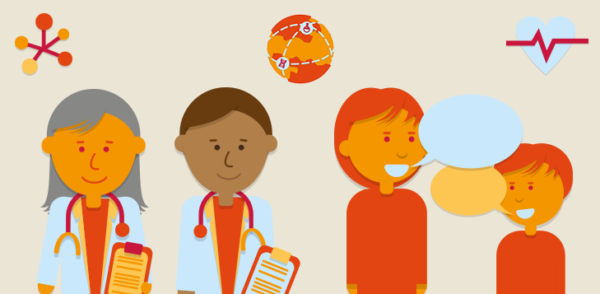Holding events with MS researchers: a guide
Check out these suggestions from MS organisations around the world for involving MS researchers in your World MS Day activities.
World MS Day is fast approaching and MS organisations worldwide are busy planning their activities to mark the day.
This year’s campaign is called #bringinguscloser and the theme is research. MS organisations across the globe are using this theme to organise events that bring people affected by MS closer to people involved in MS research.
There are many approaches towards organising these events, both online and offline. For example, you could arrange for small groups of people affected by MS to visit MS researchers and ask questions about MS, or even invite a panel of MS researchers to answer questions and share information about scientific developments at a conference or seminar.
Alternatively, you could take a digital approach to bringing MS researchers and people affected by MS closer together. For example, you could schedule a live online Q&A session on Twitter, Facebook live, or a live blog, gather questions by email to produce a web article, or record a webinar to share online.
Here are some handy tips from a few MS organisations across the world that are organising events with MS researchers this World MS Day.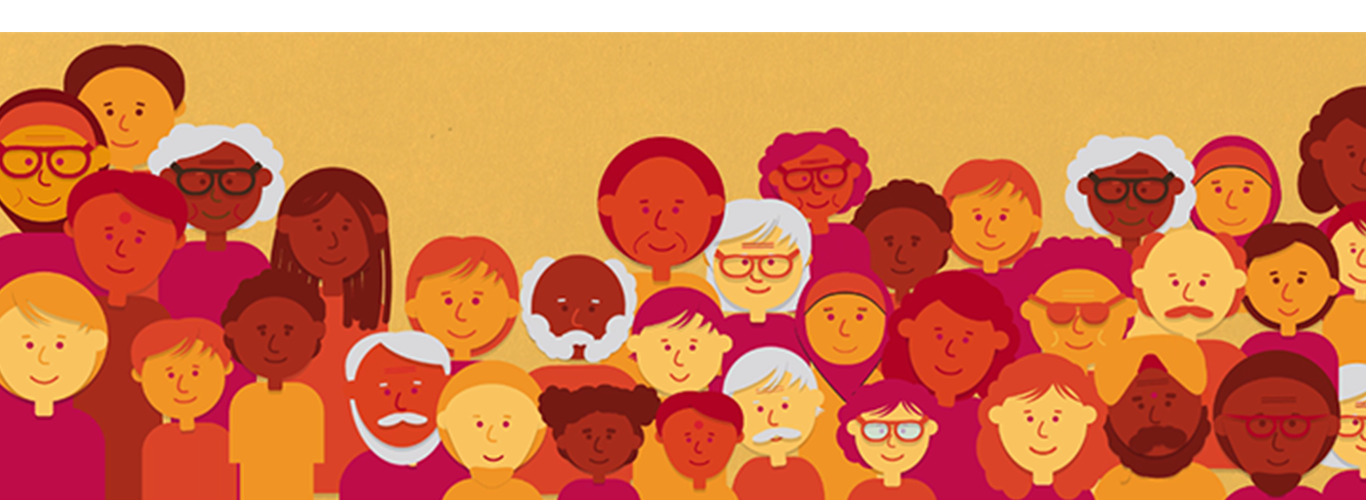
Emmanuelle Plassart, ARSEP (France):
“To bring researchers and people affected by MS closer together, organise visits to research laboratories! It’s a fantastic and rewarding experience both for the researchers and people affected by MS. Whilst the researchers can discover the realities of daily life with MS, people affected by MS can learn about how research projects work and research that’s in development. Each group brings to the other ideas, hopes and enthusiasm.”
“My advice? Arrange the visits in small groups. Ask researchers to briefly outline their research projects and their approach, so that visitors can understand the background to what they’re seeing. Allow plenty of time for questions and answers – it’s better to do this in a lab than in a conference room. You could invite a neurologist to answer medical questions and explain how research fits into healthcare and treatment of MS. Finally, I suggest preparing a welcome drink to create a friendly, welcoming atmosphere!”
Gaëlle Huybrechts, National Belgian MS Society (French Community)
“I’d suggest contacting hospitals that are active in scientific research – remember to include neurologists specialising in MS. Through this, you should be able to find researchers to invite to a conference or Q&A style event. At the event, you could discuss the progress of a scientific MS research project, or the progress in different types of MS research in your country or region.”
“You could also arrange a visit to a research lab for people affected by MS. Or, you could arrange for staff and volunteers at your organisation and people affected by MS to set up an information stand in hospitals and rehabilitation centres, in order to share information about MS and MS research with the public. Alternatively, you could film an interview with researchers or neurologists and share this video on World MS Day.”
Amanda Rose, MSNZ (New Zealand)
“If you’re holding a research event, include a variety of topics to keep your audience engaged. Your facilitator should help to move the session along where necessary.”
“If you decide to invite international speakers to your event whose first language may be different to yours, try to find a video of them speaking publicly or find someone who has heard them speaking publicly, so that you can be confident they will be easy to understand. Also, international experts always draw big crowds, so don’t underestimate the number of people who may attend. You should provide all speakers with a thorough briefing beforehand to make sure their contribution will fit into the overall message that your organisation wants to share.”
“Schedule enough time for Q&A sessions and prepare some example questions to encourage the audience to ask questions, as they may be shy at first. Provide microphones so that members of the audience can be easily heard.”
“If you plan to record your event, the facilitator should notify the audience at the start that the event will be recorded and find out if anyone does not want to be recorded. You should also get permission from speakers before recording their sessions.”
“Finally, I recommend finding out what other research events are happening in other cities or countries – you might be able to use the same speakers!”
Florencia Gadea Lara, ALCEM (Argentina):
“We’re planning a “true or false” activity about MS for this year’s campaign, led by two MS research experts: Dr Javier Halfon and Dr Jorge Correale.”
“Over the years, we’ve noticed inconsistencies in the information shared with people who are diagnosed with MS and misinformation on issues such as pregnancy, physical activity and treatment. We call these “myths of multiple sclerosis”. Our goal is to draw upon accurate data to raise awareness of this misinformation about MS, so that enable people with MS and their support network can fully understand the disease and make informed decisions about treatment. We hope to generate our own data about the common beliefs held by people affected by MS.”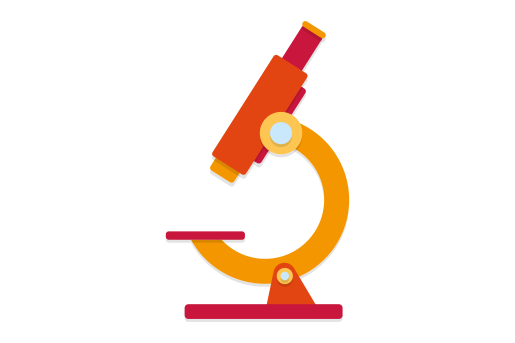
Still looking for more ideas? Take a look at these events and activities from previous years.
- Italian MS Society – research conferences
- Israel MS Society – Seminar and general meeting
- MS Society of Canada – Panel discussion on wellbeing with MS
- Multiple Sclerosis Spain – Research fundraising and media event
- MS Society of Austria – Life with MS panel discussion
- Norwegian MS Society – Seminar on MS treatment
- MS Ireland – MS research showcase
- Multiple Sclerosis Uruguay: Scientific discussion and educational ‘Life with MS’ open forum
- Russian MS Society – Learning event for people affected by MS, with specialist speakers
- Tunisian MS Association – Q&A with researchers and Minister of Health for people affected by MS
- Live webcast on progressive MS from the National MS Society (US)
- MSIF – Live webcast with a researcher: Dr Francisco Quintana
- MSIF – Online Q&A with Arman Esaghi via email and social media
Related news
Tell us what you thought of World MS Day 2018 by filling in our Evaluation Survey and help shape the…
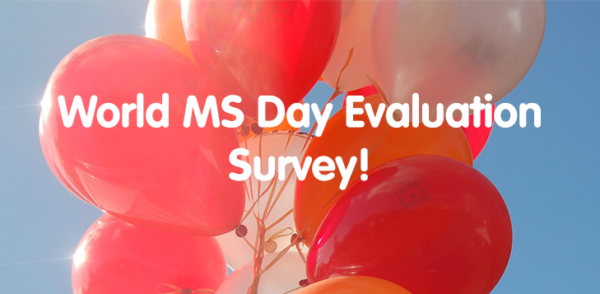
Discover the highlights from World MS Day 2018: Bringing Us Closer.
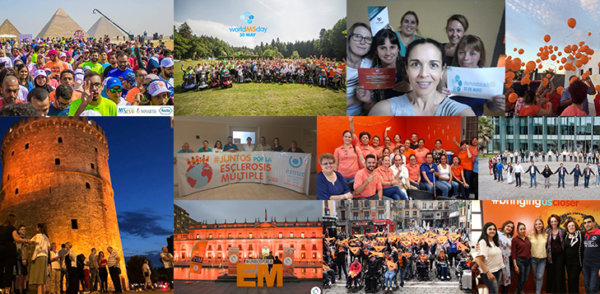
MS registries put people living with MS at the heart of their own treatment and at the centre of MS…
